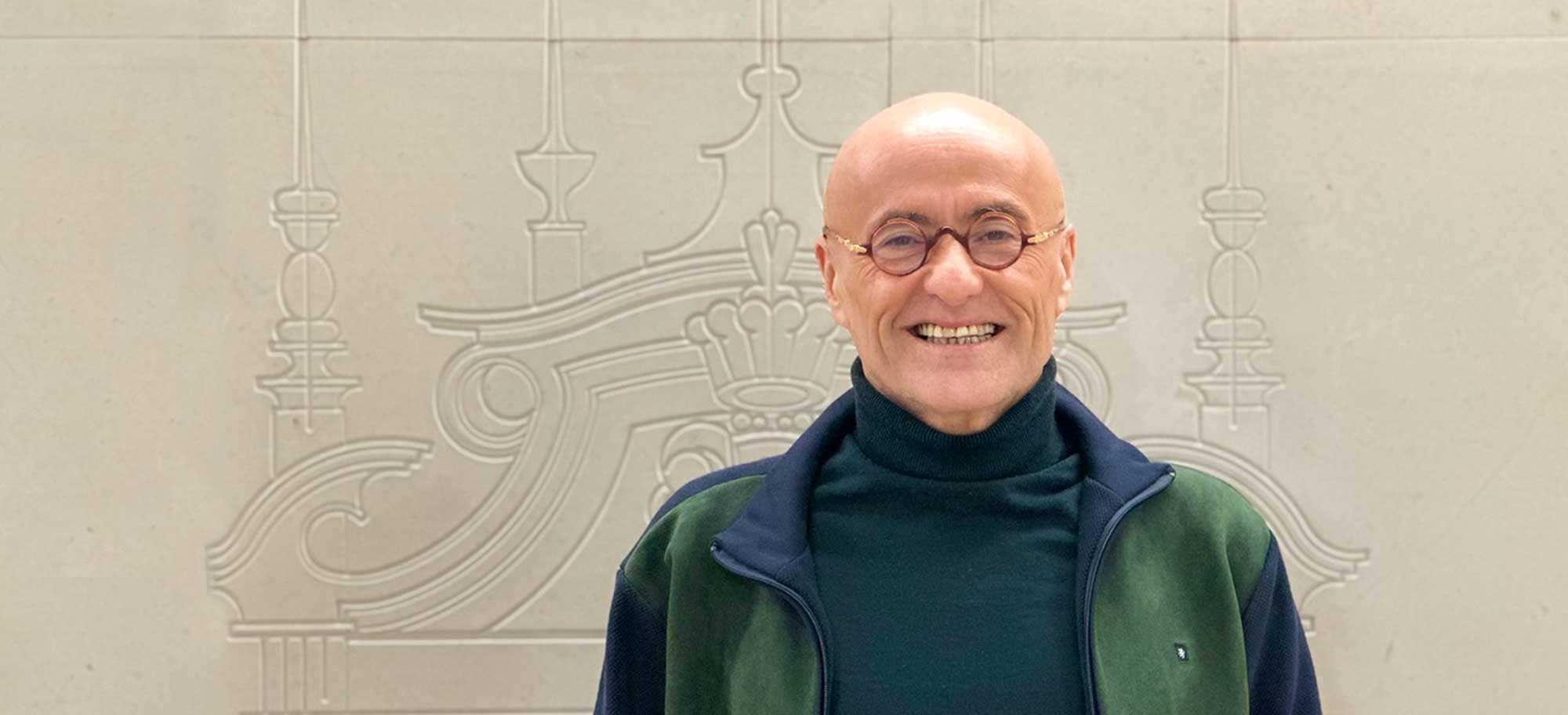With PhDs in Psychotherapy and Counselling (University of Massachusetts) and Neurosciences (University of Santiago de Compostela), Óscar Gonçalves has taken on the role of Director of CINTESIS.UPT and coordinator of the Doctoral Programme in Clinical Psychology and Counselling. Author of more than 200 publications and 11 books, the Professor talks about the challenge of “accelerating research in Psychology”.
Comunica UPT: What motivated you to accept the challenge of becoming Director of CINTESIS.UPT?
Óscar Gonçalves: Throughout my academic career, I have always been integrated in research centres, both in basic and applied research, with a strong connection to health. I am particularly interested in understanding how our basic research in psychology and neurosciences can contribute to the innovation, efficiency, and effectiveness of health services, while improving the quality of life and the health of the population, especially with regard to mental health. CINTESIS – Centre for Research in Health Technologies and Services is one of the largest national health research networks. It focuses precisely on integrating basic, clinical, and applied research, with the aim of accelerating the translational research cycle. In this sense, I consider it a privileged opportunity to be able to lead a centre of this network at UPT, which seeks to accelerate fundamental research in psychology, together with some of the best health researchers in Portugal.
What are CINTESIS.UPT’s objectives in the short and medium term?
In the short term, the aim is to establish CINTESIS.UPT as a research ecosystem, creating research groups and starting its programme activity. CINTESIS already has research projects underway in three central areas: applied neurosciences, clinical and health psychology, and counselling and human development. We have a small but very promising team of young researchers who, despite their youth, are already showing great scientific strength. In the short term, researchers need to work effectively as a team in order to achieve a programmatic identity for CINTESIS.UPT and optimise its human and material resources. In the medium term, we intend to foster the day-to-day collaboration of our researchers in this extraordinary CINTESIS network, promoting the internationalisation of CINTESIS.UPT and integrating it into networks and teams of excellence, adapted to each research group.
What are your main ongoing research projects?
In recent years, my research has focused on identifying different neuronal mechanisms associated with different states of consciousness, from pathologies of consciousness, such as coma and vegetative states, to unique and complex states of consciousness, such as waking dreams, aesthetic absorption, and meditation. Ultimately, once these neuronal markers have been identified, the aim is to explore ways of modelling these states of consciousness for clinical purposes and to optimise life experiences. One example is our ongoing study into the functioning of musicians’ brains during moments of musical improvisation and how the quality of the performance can be associated with specific states of consciousness of mental improvisation and creativity. I believe that studies like this can contribute to modelling the brain mechanisms associated with states of consciousness that facilitate creativity, which go far beyond artistic performance, and have a direct bearing on a person’s mental health and quality of life.
How did your academic career go?
I have already a long academic career. As a 4th year Psychology undergraduate student, I was hired as a monitor by the Faculty of Psychology and Educational Sciences at the University of Porto. At the end of my degree, I began my career as an assistant, before leaving for the University of Massachusetts in the United States, where I earned a doctorate in psychotherapy and counselling. After returning to Portugal, I was also an assistant professor at the Faculty of Psychology in Porto and, later, at the University of California at Santa Barbara, in the United States. Back in Portugal, I was challenged to create a Psychology degree at the University of Minho, where I spent most of my academic career until I reached the rank of Full Professor. Along the way, I completed a second doctorate, this time in Neurosciences, at the Faculty of Medicine of the University of Santiago de Compostela, in Spain. I returned to the United States, where I was Full Professor and Director of the Department of Applied Psychology at Northeastern University, in Boston. Shortly after returning to Portugal, I was hired as a Full Professor by the Faculty of Psychology at the University of Coimbra. I retired in August this year, before taking up my current role at UPT, as Director of CINTESIS.UPT and Coordinator of the Doctoral Programme in Clinical Psychology and Counselling.
Who is Professor Óscar, beyond academia and research?
Outside the Academy, I am perhaps best known for my sporting activities, which I have practised since I was young. They are two parallel worlds but, in my life, they are inseparable. I started out in athletics, where I was a marathon and ultramarathon runner, and later became one of the first triathlon athletes in Portugal. I am currently a federated master swimmer at Clube Fluvial Portuense, competing regularly in pool and open water competitions, having already won some national titles. In science, as in sport, I am motivated by high-level performance, the discipline of systematic effort, setting goals, and persistence on the path to achieving them. And, above all, the joy of achieving these goals in an atmosphere of fun and enthusiasm.

